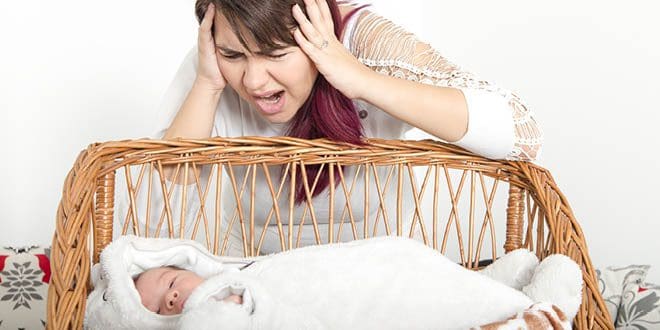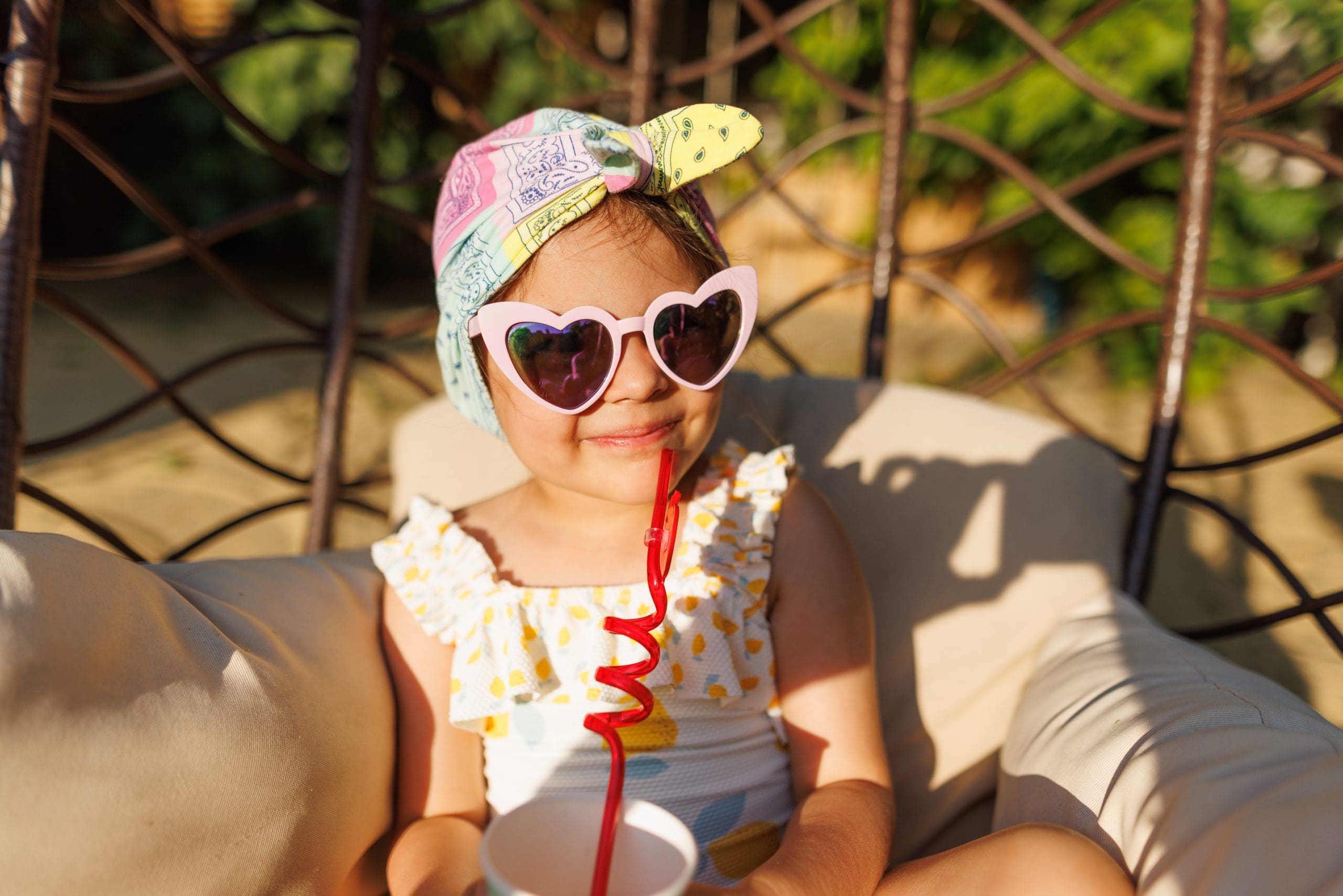Postnatal depression is a serious form of depression that affects 10 to 16% of women who have children. It is precipitated by hormonal, psychological and lifestyle changes. After the placenta is delivered following childbirth, the level of sex hormones in a woman’s body plummets to very low levels and some women are very sensitive to these changes. If breastfeeding takes place the hormone production from the ovaries remains switched off, so that low levels of sex hormones persist.
Depression may begin during pregnancy when it is often accompanied by anxiety and thus a more appropriate term may be perinatal depression.
After childbirth, feelings of low mood, tearfulness, fears of being a poor mother and not being able to cope are common and are often temporary, when it is known as the postpartum blues. If these symptoms persist for more than several weeks or are severe, a diagnosis of postpartum depression is likely.
If a woman remains depressed after childbirth and is not able to function as a mother, antidepressant medication can be life-saving. The patient must be closely supervised and hospitalisation may be required, as there is always a danger that the mother may suffer with compulsions to harm herself or her newborn child. A close family network is vitally important with non judgemental and caring support from family and friends.
Depressed women will often not realise that they are depressed and may focus their negative feelings on the behaviour of the baby – for example, they may say things like “if only she would stay asleep” or “if only he would stop crying” or “if only he would drink his bottle”. In such cases the mother, especially a first time mother or an older mother, may have expectations that are out of sync with normal baby behaviour. It is important for doctors and family members to listen to these concerns sincerely and not to be dismissive. Some babies are difficult and demanding and a woman may need to be supported, reassured and educated that the postnatal period is a time of sleeplessness, intense need and adaption and simple survival strategies may need to be developed.
Feeding the baby, getting adequate food and exercise, as well as grabbing every opportunity for rest and sleep are the important priorities.
Natural progesterone therapy can help to alleviate the depression and can be given along with the antidepressant medication. Progesterone is best given as a cream and doses vary from 20 to 400mg daily.
If fatigue is severe, capsules of DHEA may restore energy and lift the mood often within one week of starting them. Doses of DHEA vary from 10 to 30mg daily.
Generally speaking treatment with natural progesterone and/or DHEA does not interfere with breastfeeding and is safe to use until the depression passes; this may take quite a few months.
If fatigue or other physical symptoms are predominant, it is important to check for medical problems such as thyroid gland disorders, anaemia, adrenal gland exhaustion, immune diseases and nutritional deficiencies which can be specifically treated. One cannot assume that fatigue is just a symptom of depression.
If the patient decides not to breastfeed, other hormones may prove helpful to alleviate postnatal depression. Blood tests can be done to test the levels of testosterone and oestrogen and if these are still low 8 weeks after childbirth, a cream containing natural oestrogen and/or testosterone can be used. Oestrogen and testosterone will restore the libido, as well as improve the mood, and if small doses are used in a cream form, there is no increased risk of blood clots occurring. Oestrogen cannot be used if the woman is breast feeding as it may reduce the milk supply.
There should be no rush to withdraw a woman with postnatal depression off her antidepressant medication or hormone therapy, as it is a severe form of depression and it is vital to avoid a recurrence. Although infanticide and suicide are uncommon, it is important to recognise that postnatal depression is the major cause of suicide-related maternal death and the risk of infanticide is highest during the first year of life.
Doctors are careful to differentiate between a depressive illness and postpartum psychosis, which presents within the first few days to weeks after childbirth. Women with postpartum psychosis have strong delusions, hallucinations and are very confused, agitated and hyperactive. During postpartum psychosis both the mother and child are at high risk and hospitalisation and medication are essential to avoid tragic outcomes. Postpartum psychosis is more likely to occur in women who have a family history or past history of bipolar disorder, manic depression or schizophrenia.
If a woman becomes seriously depressed during pregnancy or whilst breastfeeding, she will have to decide whether to take antidepressant drugs or not – this can be quite a dilemma. This is because her infant will be exposed to the medication to some degree in these cases. Generally speaking antipsychotic and antidepressant drugs are relatively safe during pregnancy and breastfeeding. Safety information has been mainly derived from data bases and not double-blind controlled trials and thus this information has limitations.
Use of the SSRI drugs is associated with a slightly higher risk of heart defects and pulmonary hypertension. All antidepressants and antipsychotic drugs are associated with a higher risk of slight prematurity (average 39weeks compared with 40 weeks) and withdrawal symptoms in the infant (sleep disturbances and irritability).
There are risks to the mother and child if the depression is not treated effectively, so all the pros and cons need to be considered by the mother and her partner. Not treating perinatal depression is associated with premature birth, low birth weight, poor nutrition, poor bonding with the baby as well as the slight risk of infanticide and maternal suicide.
Psychological support for perinatal depression
In rural centres, psychologists can be accessed via the Better Outcomes program.
Books
- Left Holding the Baby by Mary Louise Parkinson
- Postnatal Depression – a guide for Australian families by Lisa Fettling
Support Groups for depressed postnatal women (not general mothers’ groups which may be alienating)
Couple or family therapy from a psychologist
Group Program – PAIRS (Parent and Infant Relationship Support program)
Circle of Security – this American program can be viewed at www.circleofsecurity.org
www.raisingchildren.net.au – a Federal Government Program
For more information, please read Dr Cabot’s book, “Help for Depression and Anxiety“









Leave A Comment